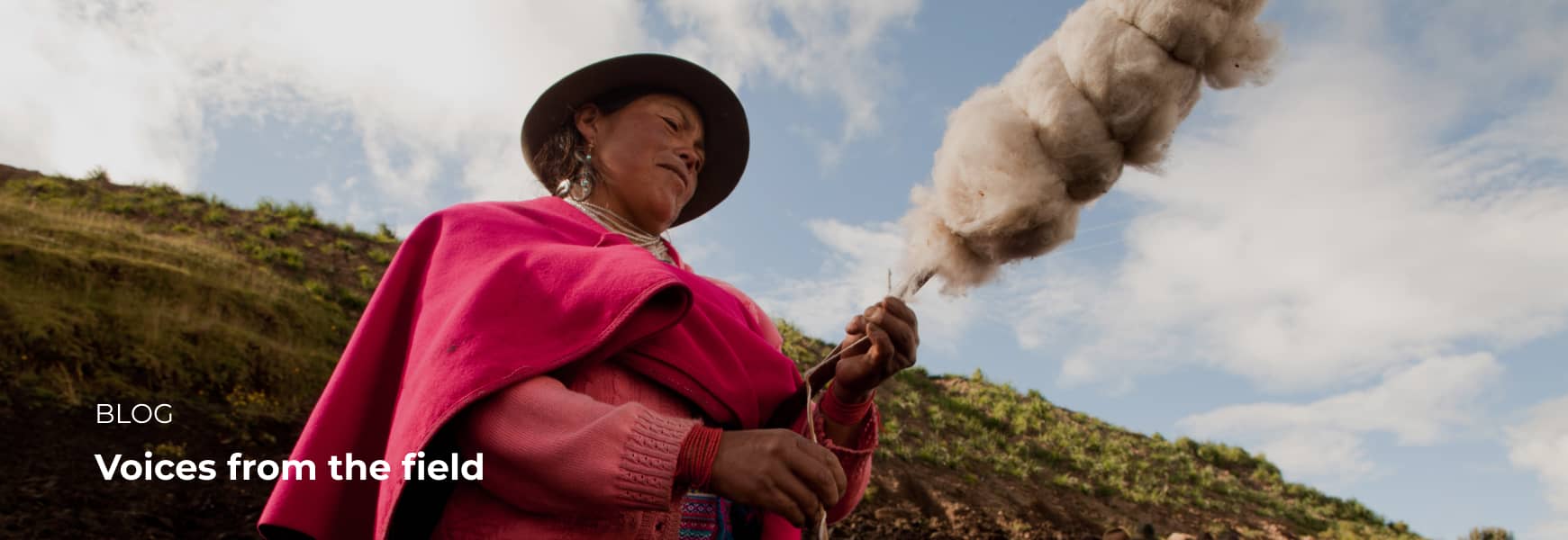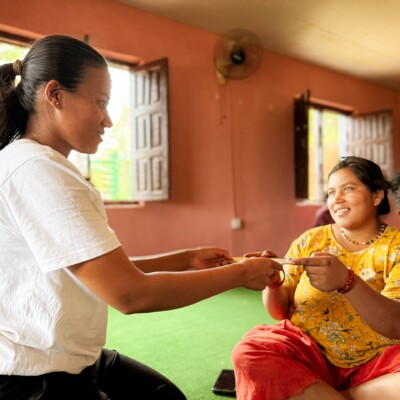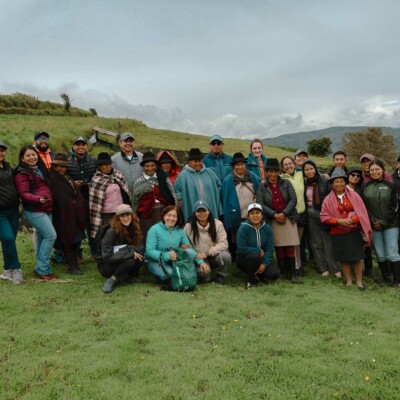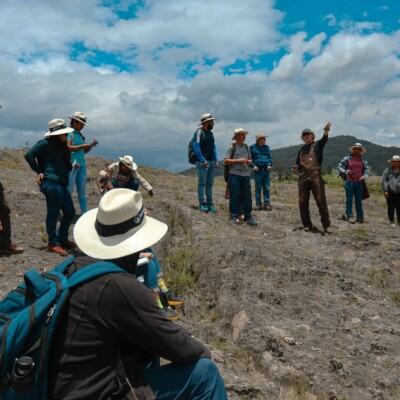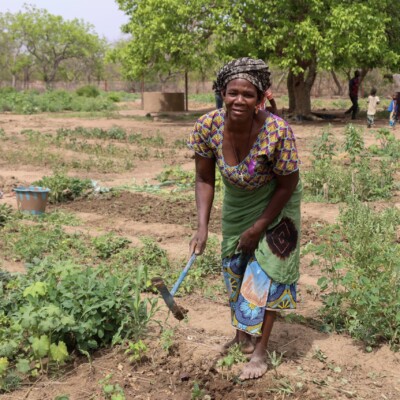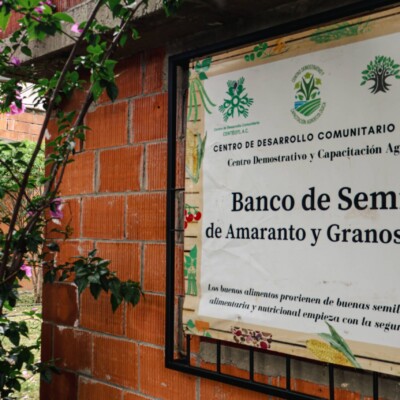How a Young Agriculture Student in Burkina Faso Turned Passion into Purpose
‘In the heart of every young person lies the potential for greatness’ Unknown In many rural African communities, youth are often perceived as detached from agriculture—more drawn to city life and office jobs than farming or community-based livelihoods. This perception partially reflects a reality: youth still see conventional farming as labor-intensive, poorly paid, and lacking dignity, and the lack of jobs in rural areas pushes many to leave their home in search of opportunities elsewhere. But our experience in the field tells a different story. If this were entirely true, why are so many you …
Strengthening Agroecology in Nepal: A New Partnership Between Groundswell International and Tribhuvan University
Groundswell International is proud to announce a new partnership with Tribhuvan University in Kathmandu, Nepal, to advance natural farming and agroecology in Nepal through collaborative research, education, and field-based learning. This partnership is a promising step forward for sustainable agriculture in South Asia, deepening academic-practitioner collaboration, equipping the next generation of food systems leaders, and strengthening climate-resilient food systems rooted in ecological knowledge. About Tribhuvan University Established in 1959, Tribhuvan University is Nepal’s oldest and large …
Agroecology in Latin America & the Caribbean: Learnings from the 2025 Regional Conference
This blog was originally written in Spanish. Read it here. From March 24 to 28, 2025, Groundswell International’s partner organizations across Latin America and the Caribbean (LAC) gathered in Ecuador for the 2025 Regional Conference. Representatives from Guatemala, Mexico, Honduras, Haiti, and Ecuador came together for five days of hands-on exchanges, reflection, and strategy. Through field visits, shared learning, and collective planning, they deepened regional collaboration to strengthen agroecology and community resilience across diverse territories. Soil as a starting point The conference …
Fortaleciendo agroecología en América Latina y el Caribe: Lo que nos dejó la Conferencia Regional de 2025
Entre el 24 y el 28 de marzo de 2025, organizaciones socias de Groundswell International en América Latina y el Caribe (LAC) se reunieron en Ecuador para participar en la Conferencia Regional LAC. El encuentro convocó a representantes de Guatemala, México, Honduras, Haití y Ecuador, quienes, a través de recorridos, intercambios y ejercicios colectivos, compartieron aprendizajes y fortalecieron el trabajo en red que vienen desarrollando en sus territorios. La agenda combinó visitas a experiencias locales, sesiones de análisis, espacios de reflexión temática y proyección estratégica. El suelo co …
Partner Impact: Sahel Eco Empowering Farmers and Driving Agroecology in Mali
In 2024, our partner Sahel Eco helped drive a farmer-led transition to agroecology in Mali across the Ségou region. Working closely with local communities, they supported efforts to restore degraded land, strengthen food sovereignty, create spaces for women to lead powerful initiatives, and offer young people tangible, hopeful alternatives for a more secure future. The Sahelian context The Sahel is one of the poorest regions of the world. Stretching across Burkina Faso, Chad, Mali, Mauritania, and Niger, it faces the complex and overlapping challenges of severe food insecurity, extreme poverty …
Agroecology Building Community Resilience Amid Climate Crisis in Latin America & the Caribbean
In 2024, communities across Haiti, Honduras, Guatemala, Ecuador, and Mexico endured a convergence of crises. Climate extremes collided with social, economic, and political instability, threatening lives and deepening the fragility of rural livelihoods across Latin America and the Caribbean. Climate change is no longer a distant threat but a daily reality. Droughts, floods, heatwaves, and storms are hitting harder and more often. In Honduras, communities endured unprecedented heat in 2024, which fueled crop failures, worsened pest and disease outbreaks, and increased production costs for farmer …

